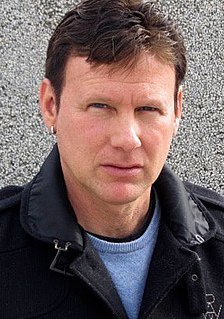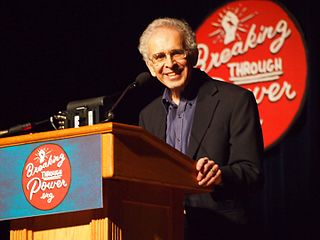A Quote by Arthur Smith
I find it hilarious that there are academics who try to analyse chemical changes in the brains of students while exposing them to gags.
Related Quotes
I spend quite a bit of time thinking about my students. I look at them, at their work, I listen to what they tell me, and try to figure out who they might become in the best of all possible worlds. This is not easy. Students try to give you clues; sometimes they look at you as if imploring you to understand something about them that they don't yet have the means to articulate. How can one succeed at this? And how can one do it 20 times over for all the students in a class? It's impossible, of course. I know this, but I try anyway. It's tiring.
I don't really agree that most academics frown when they hear Wikipedia. Most academics I find quite passionate about the concept of Wikipedia and like it quite a bit. The number of academics who really really don't like Wikipedia is really quite small and we find that they get reported on in the media far out of proportion to the amount they actually exist.
Individuals possessing moderate-sized brains easily find their proper sphere, and enjoy in it scope for all their energy. In ordinary circumstances they distinguish themselves, but they sink when difficulties accumulate around them. Persons with large brains, on the other hand, do not readily attain their appropriate place; common occurrences do not rouse or call them forth.


































